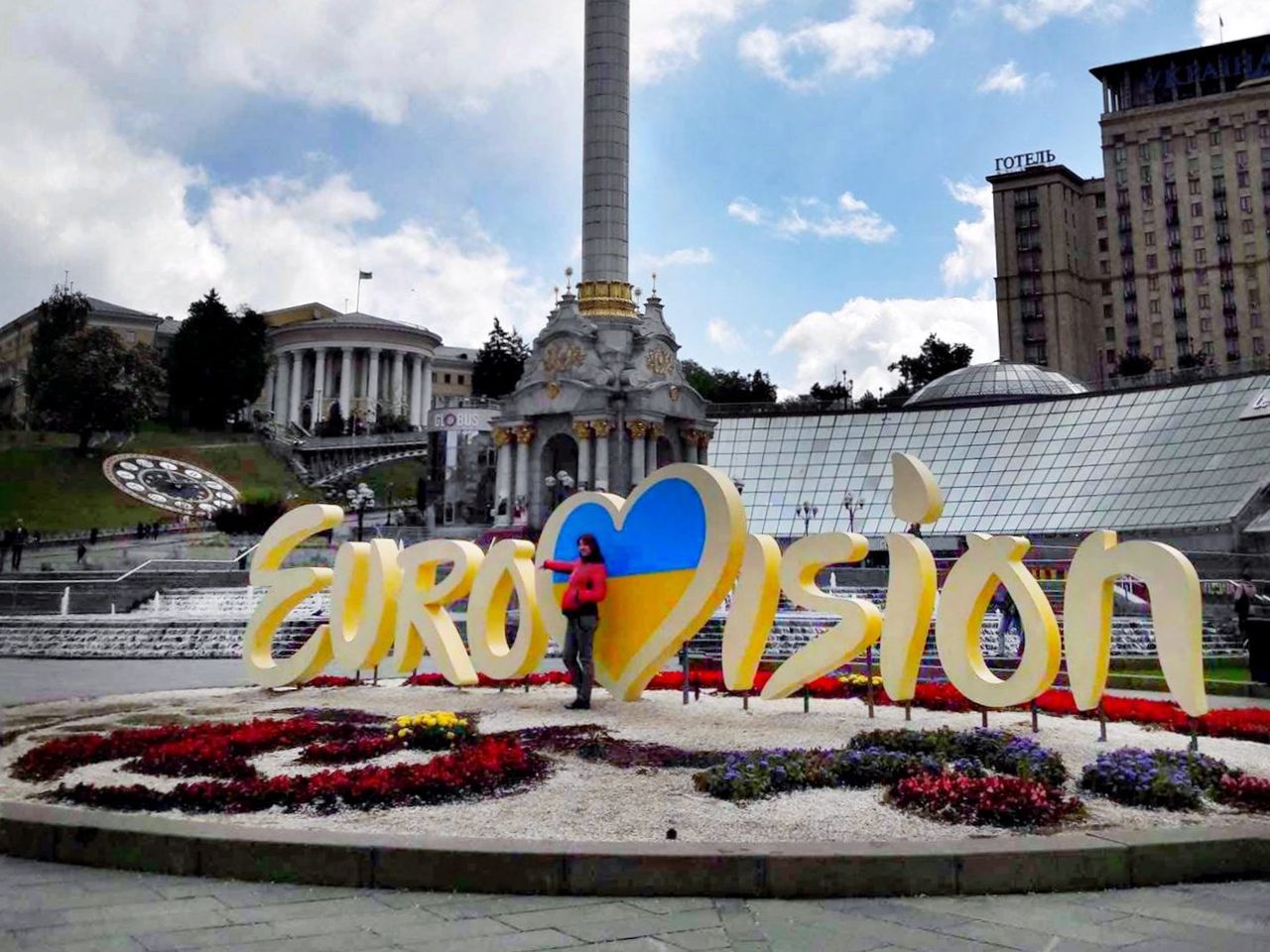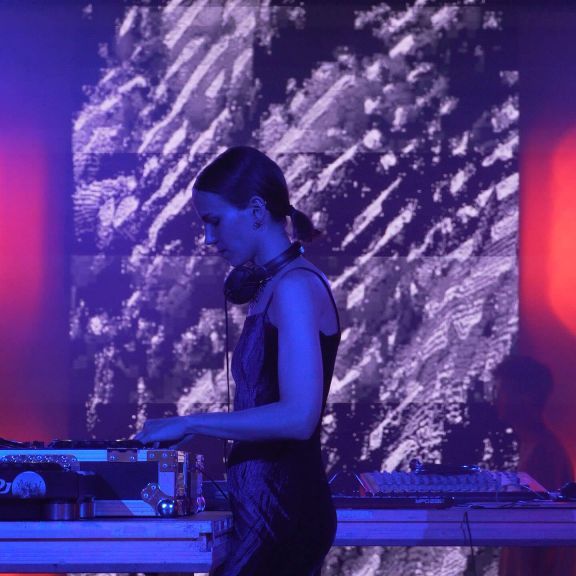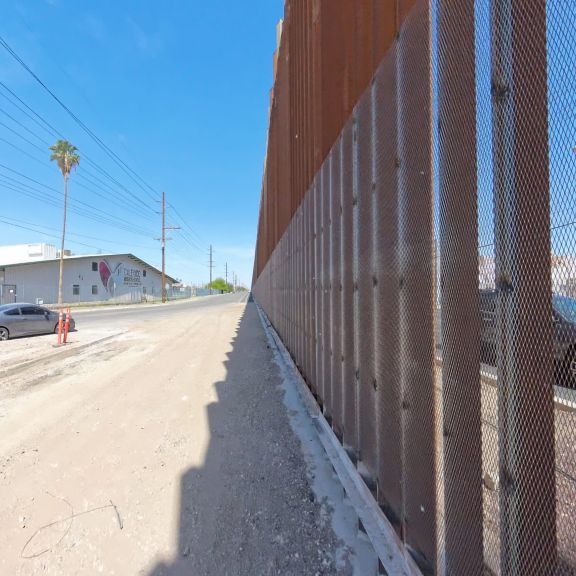
Eurovision in the Ukrainian fashion: with war and the Right Sector in the background
Eurovision in the Ukrainian fashion: with war and the Right Sector in the background
On May 7th, the Eurovision Song Contest 2017 started in Kiev, following the last year’s victory of the Ukrainian singer Jamala. This is the second time, that the competition takes place in Kiev. In 2004, this was possible due to the victory of the Russian Singer Ruslana, whose song “Wild Dance” won in Istanbul. This time, however, the atmosphere of the one week music festival is unusual – in the capital of country, in whose eastern part a war is in progress, while Ukrainian Crimea was annexed by Russia in 2014 – the Security Service of Ukraine has put the Russian representative under a ban of entry. The singer, however, against the ban issued by Ukraine performed in Crimea.
Ukrainian authorities were seeking at all cost to demonstrate, that, irrespective of the ongoing armed conflict in the Donbas area, the capital was able to meet any recommendations of the European Broadcasting Union. However, this did not come without problems and controversies.
The organizing Committee of the Ukrainian Eurovision was established in October 2016, but it operated only until February 2017. The organizers have announced that in December 2016 a part of authorizations have been taken away from them, which has effectively paralyzed their work and forced them to step aside. They have been replaced by new persons within 7 hours.
On March 22nd, the Security Service of Ukraine has prohibited Yuliya Samoylova, a Russian singer and representative for the Eurovision contest, to enter the territory of Ukraine. It has turned out that she has performed in Crimea in 2015, thus violating the Ukrainian law. The European Broadcasting Union has offered Samoylova to participate in the contest through a satellite connection. Russia, however, did not accept this solution.
Eurovision Organizer does not exclude, that sanctions may be applied towards Kiev and Moscow. The European Broadcasting Union respects the Ukrainian law, but it would not want to create a precedent for the exclusion of a participant representing some of the countries participating in the contest. Russia, in turn, is alleged to infringe the Eurovision’s status, as the country did not participate in the obligatory meetings of all participating countries’ delegations, at the beginning of this year, in Kiev.
This was not the only reason that caused a heated discussion relating to Eurovision among Ukrainians. Although the mayor of Kiev, Vitali Klitschko ensures, that the city is one hundred percent ready to carry out the contest, the inhabitants are more sceptical about it and criticise the quality of renovation works.
One of the official videos advertising Kiev as the capital of Eurovision 2017 has caused a wave of discontent and irony that has swept across the social media.
– Welcome to Kiev – the capital of spiritual and talented Ukraine – says Vitali Klitschko in the introduction.
The promotional movie shows a modern public transport infrastructure and even roads. The problem, however, is that urban ground transport in Kiev is far from perfect. Local activists have quickly reminded the responsible ones of the potholed roads, marking the potholes in the asphalt of one of Kiev’s central districts with graffiti bearing the portraits of Klitschko.
Very soon, parodies of the official movie appeared on the Internet. One of them shows overcrowded trolleybuses – one of them gets broken and the passengers must push it forward. Somewhat questionable “gems” of the capital’s contemporary architecture have been shown as well.
Also, the official movie promoting the Ukrainian Eurovision, „Celebrate Diversity” has gained an alternative version created by volunteers. The original shows the beauty of the country, including the Swallow’s Nest close to Yalta, in Crimea. The alternative video entitled „Meeting the real Ukraine” shows not only the beauty but also scenes of Maydan between 2013-2014 and the war in Donbas area. The authors say that visitors to Kiev will see not only the beauty, Ukrainian soul and pride, but they will also experience pain by discovering the real Ukraine.
Also, the Right Sector spoke on the issue of Eurovision preparation (causing hilariousness rather). Nationalists did not like the idea of decorating the soviet ark – the monument of the Friendship of Nations, symbolizing the unification of Russian and Ukraine – with the colours of a rainbow. They considered this an LGBT propaganda.
The ark’s decoration has been suspended on 27th April. Finally, a compromised was reached – Ukrainian national symbols will occur among the colours of the rainbow.
Information about the fees for performers who are supposed to participate in the finale of the contest has caused criticism as well. Jamala, the winner of Eurovision 2016, shall receive 986,000 hryvnia (around 143,000 PLN), Ruslana, who won the contest in 2004 – 394,000 hryvnia (around 57,000 PLN), and Onuka, the star of Ukrainian electronic music, – 213,000 hryvnia (around 30,000 PLN).
One of the last element of the preparations is the opening of the Eurovision Village Fan Zone in the centre of Kiev, for inhabitants and Eurovision visitors. On 7th May, an opening ceremony took place, on 9th and 11th May, – the semi-finals, and on 13th May the final ceremony.
455,7 million hryvnia have been allocated in the Ukraine’s budget to the preparations of Eurovision, and additional 200 million hryvnia in the budget of Kiev. The expected income from the contest is around 190 million hryvnia.






















